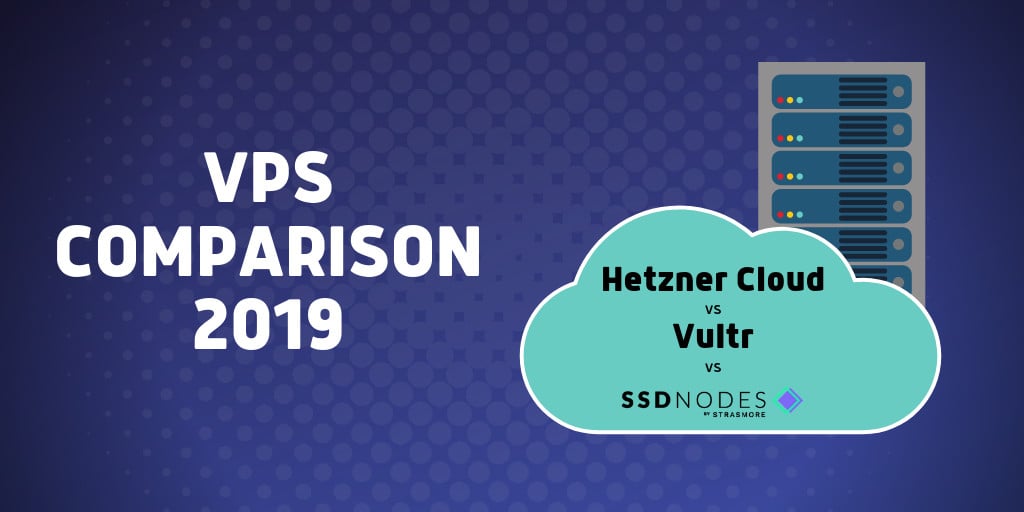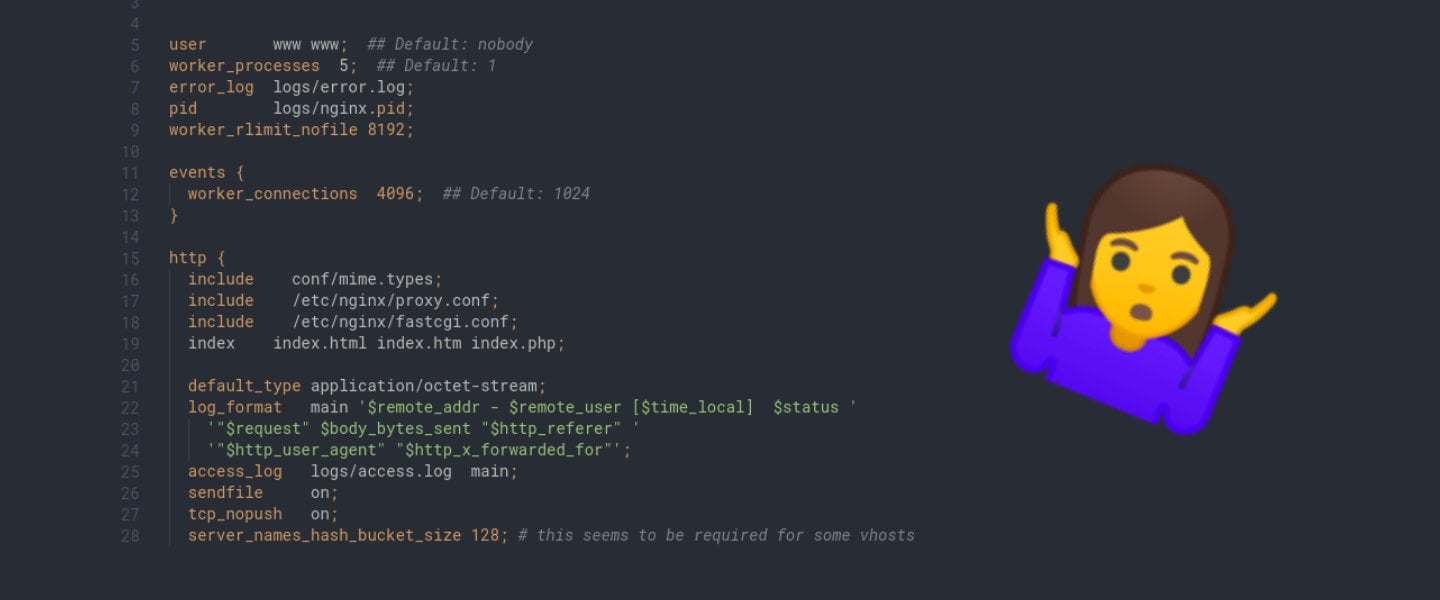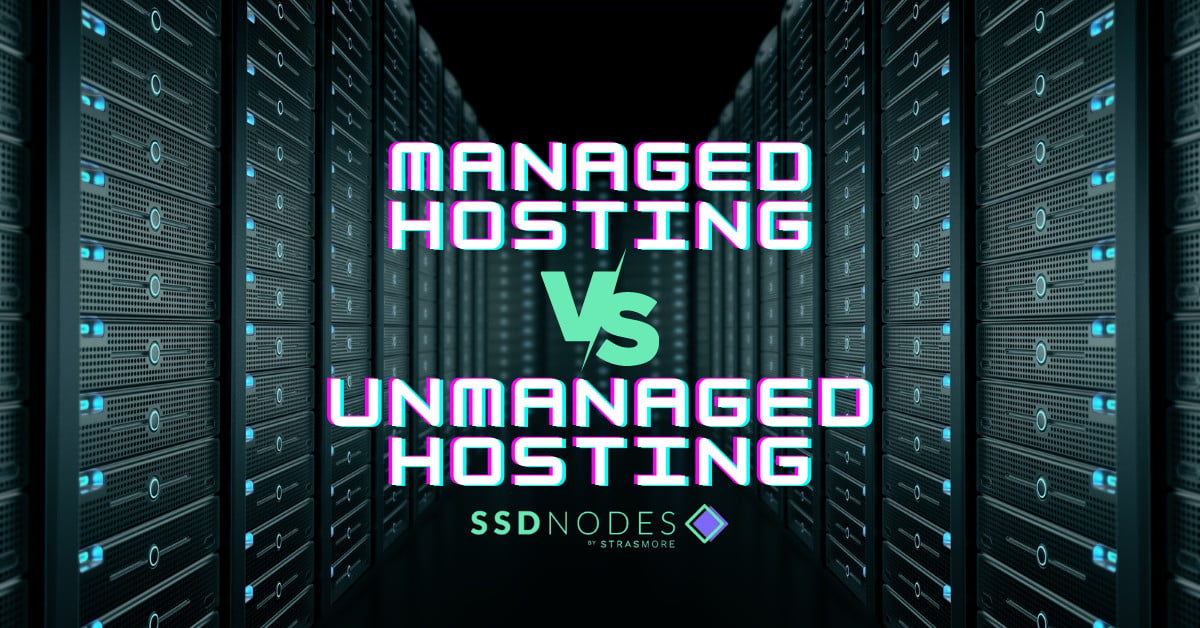Last year, Hetzner Cloud surprised the cloud hosting world by announcing that they would start selling virtual private servers (VPS) on top of their typical cloud/managed/dedicate server products.
While many praised Hetzner’s new pricing model, we wanted to take a look at how the Hetzner VPS prices stack up against the offerings from some existing players.
So, in this comparison post, we’ll take a look at Hetzner vs Vultr and SSDNodes, both of which have been offering high-performance SSD VPS plans for many years.
Hetzner vs Vultr vs SSD Nodes: Our Criteria
- Features
- Plans and pricing
- Yearly total cost of ownership
- Hardware/infrastructure
Features
KVM Hypervisor
The Hetzner VPS and both other providers offer packages build on KVM hypervisors, which means you get better isolation and more flexibility. This gives you the ability to install newer kernels to run newer services like Docker, which is a big advantage over OpenVZ virtualized servers.
Root Access
Hetzner, Vultr and SSDNodes all offer full root access to your VPS, as well as a web-based dashboard to monitor your server and start/stop/reboot as needed.
Operating Systems
You can choose from pre-configured templates with all 3 providers, such as Ubuntu, Debian, and CentOS. And with the KVM hypervisors, you can add new modules to the kernel or change its version entirely.
Paid features
The Hetzner VPS and Vultr offer paid add-on features like snapshots, backups, and an API, whereas SSD Nodes is more minimalist in its feature set.
Features overview
All in all, the providers prove that at its core, a VPS is a VPS—you get root access to the OS of your choice and can do virtually anything (within the Terms of Service, of course) that you choose. For some ideas of what you can install, be sure to check out our ultimate guide to self-hosted alternatives for cloud SaaS apps you’re already probably paying for.
Plans and pricing
To level the playing field a bit, we’ll take a look at the 16GB RAM VPS plans available from Hetzner, Vultr and SSDNodes.
Why the 16GB plan?
Well, 16GB RAM is an ideal combination of high-performance for a variety of applications while still keeping costs pretty low-- particularly compared to buying dedicated resources.
For each provider, we’re showing the lowest price available, before adding any options or upgrades.
16GB VPS Comparison
| Hetzner | Vultr | SSD Nodes | |
|---|---|---|---|
| RAM | 16GB | 16GB | 16GB |
| CPU | 4 vCPU | 6 vCPU | 4 vCPU |
| Disk | 160GB | 200 GB | 80GB |
| Transfer | 20TB | 5TB | 8TB |
| per/month price | $17.93* | $80.00 | $7.99 |
Billing Options
Hetzner’s VPS billing is monthly, unless you use the server for less than one month, in which case they will bill you at a slightly higher hourly rate.
Vultr offers hourly billing with a monthly cap (you won't be charged more than $80/month in the case of the 16GB plan we've reviewed).
SSD Nodes provides monthly, 1-year and 3-year billing options. The 3-year option lets you lock in crazy low prices-- you can score 3 years of 16GB VPS hosting for the price of fewer than 4 months with Vultr!
Note: Hetzner bills their servers in Euros, so the price listed here is after converting to USD on July 3, 2019.
Yearly total cost of ownership
We’ve found that most developers are looking for a server to host their long-term applications, such as a personal blog, web app, or e-commerce website for a client.
So, if you’re looking to host a project or app for longer than a month, you can see the accumulated savings most clearly by looking at the total cost of ownership over a year...or 3 years:
| Hetzner | Vultr | SSD Nodes | |
|---|---|---|---|
| 1-Year Cost | $215.16 | $960 | $95.88 |
| 3-Year Cost | $645.48 | $2,880 | $287.99 |
Hardware/infrastructure
Disks: Hetzner VPS, Vultr and SSDNodes all use SSD hard drives on their clouds, which are faster than traditional spinning hard disks. Hetzner and SSD Nodes both use RAID 10 configurations with their SSDs, which uses data mirroring to ensure data resiliency in case of a drive failure. Vultr’s website has no information about RAID 10 or any other disk resiliency method.
Bandwidth/networking: Hetzner and SSD Nodes both offer 10Gbit networking interfaces in and out of their data centers. Vultr currently has no information on their website about their networking infrastructure.
Datacenter location: Vultr has the most datacenter locations, with 15 around the world. Hetzner only operates two data centers and they're both in Europe (Germany and Finland), so if you're looking for a North American datacenter you're out of luck. SSD Nodes currently has datacenters in Dallas, Seattle & Montreal but will be adding several new locations throughout 2019.
Datacenter resiliency and security: On their website, Hetzner says they “operate our data centers in accordance with the strict European data protection regulations.” But they give no information about its underlying technology. Vultr’s website has no information about their data centers. SSD Nodes’ data centers use 3x 600kVA UPSs in an N+1 configuration and 2x 30-ton HVAC units in an N+2 configuration to ensure any hardware failures are mitigated entirely. 24-hour armed security keeps the data center safe from physical intrusion.
Hetzner vs Vultr vs SSD Nodes: Conclusions
It’s impossible to say that one VPS provider is better than the others in all the ways of slicing and dicing the competition. So much depends on your particular needs and application, down to where you’re setting right now.
We'd heard some buzz recently about the Hetzner VPS offering, so our goal in this article was to take a look at it and see how it stacks up against some Hetzner alternatives.
So...what did we find?
Well, if you're looking for the most datacenter locations, Vultr is the best choice. But if you only need one location, then you may be able to save some $$$ with one of the other providers.
Hetzner the most built-in features for those who don’t want to spend time configuring services, such as backups, manually.
SSD Nodes has the most competitive pricing, particularly if you're looking to host an app or website for longer than a couple of months for the lowest possible cost, it’s the easy winner.
Best of luck finding the perfect VPS provider for you!



